In a recent change to ESL’s rulebook, VAC-banned Counter-Strike: Global Offensive players will now be allowed to compete in the tournament organizer’s standalone events, such as IEM Sydney and ESL One Cologne—as long as their ban is over two years old.
VAC bans are given to CS:GO and Dota 2 players that are caught by Valve’s Anti-Cheat mechanism. Players caught using in-game cheats are essentially banned from the game, and therefore any tournaments.
The rule change was found by HLTV in the IEM Season 12 Rulebook, under the section “2.5 Publisher or ESIC Bans,” as shown below.
Numerous high-profile players have received VAC bans over the past several years, including Joel “emilio” Mako, Simeon “dream3r” Ganev, Hovik “KQLY” Tovmassian, Gordon “Sf” Giry, and Anil “cLy” Gülec. Many fans and players assumed that this was the end of their CS:GO careers. With this new lifeline given out by ESL, however, these players will once again be able to compete at the highest levels.
Controversially, the section explicitly notes that a group of players for iBUYPOWER, who were banned for life after getting caught in the biggest match-fixing scandal in the game’s history, will not be able to play. ESL makes a distinction between bans for match-fixing and “cheating.” This has caused some serious pushback in the CS:GO community.
For its part, ESL says the move is not so much a change as it is an expansion of an existing policy. “Our policy regarding players caught cheating by our systems has always been the same, namely a 2 year ban from participating in any ESL competitions, which we adopted based on industry best practices in many professional sports,” the company said in a statement. “So that VAC bans can also be included in this consistent overall framework, we therefore recently updated our competitive rulebook to bring our treatment of them in line with these policies.”
Figuring out policies for punishing players and teams for “integrity violations” is “extremely complex and multifaceted,” the statement added. “We will consult with with players, teams, organizations and sports integrity experts such as ESIC on whether the existing policies are still adequate for professional play in Counter-Strike.”
While VAC-banned players may still decide not to return to competitive CS:GO, one thing is for sure: They have been given a second chance.



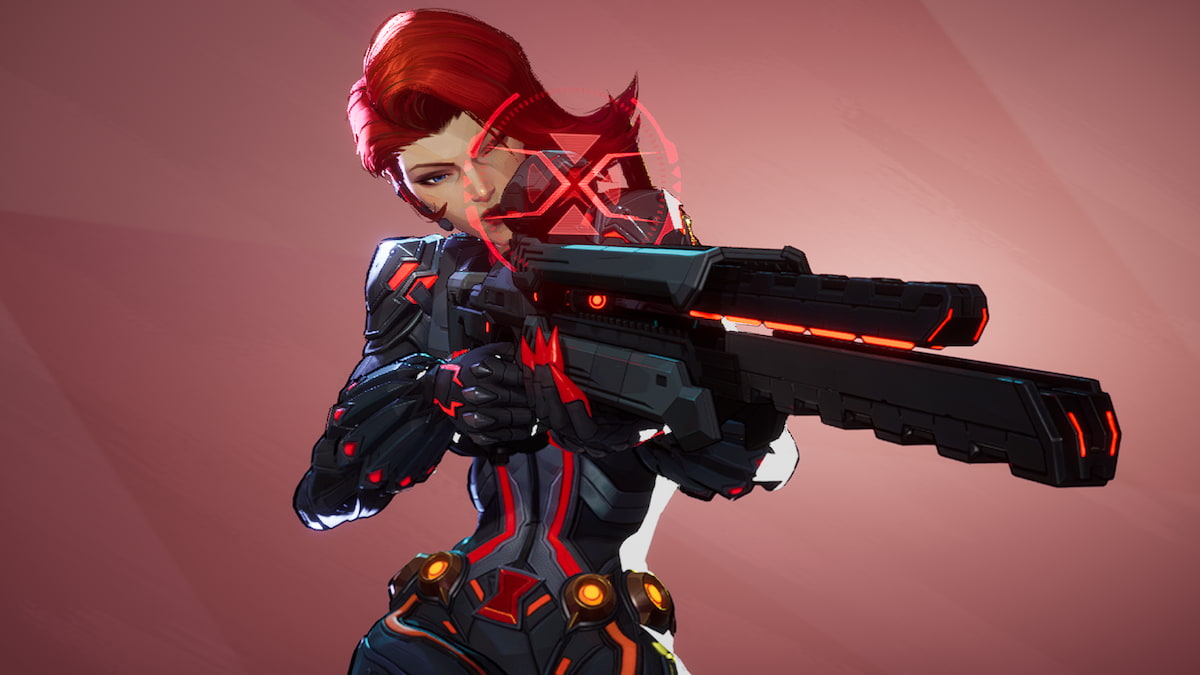
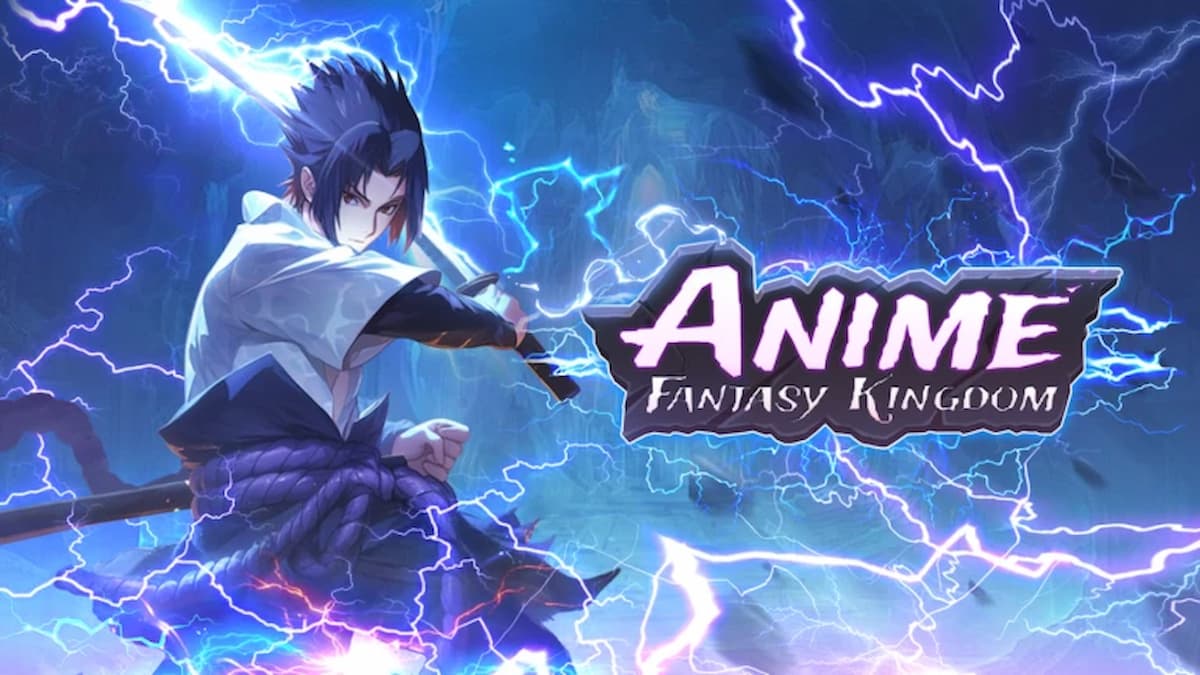
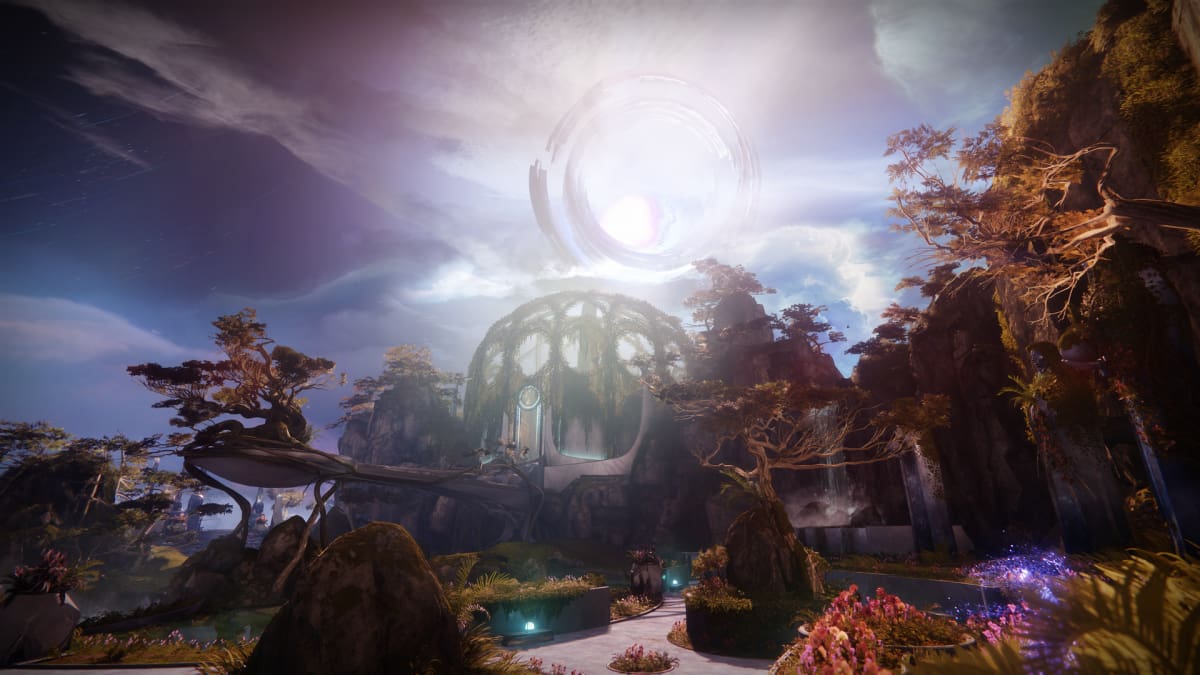
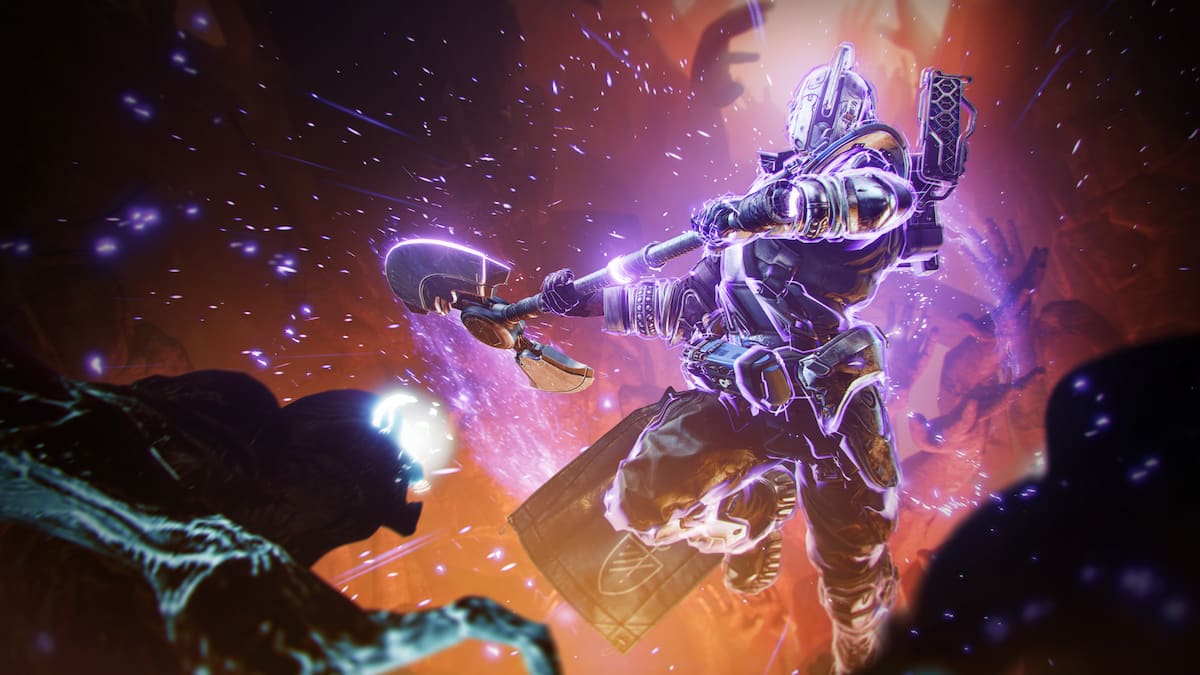
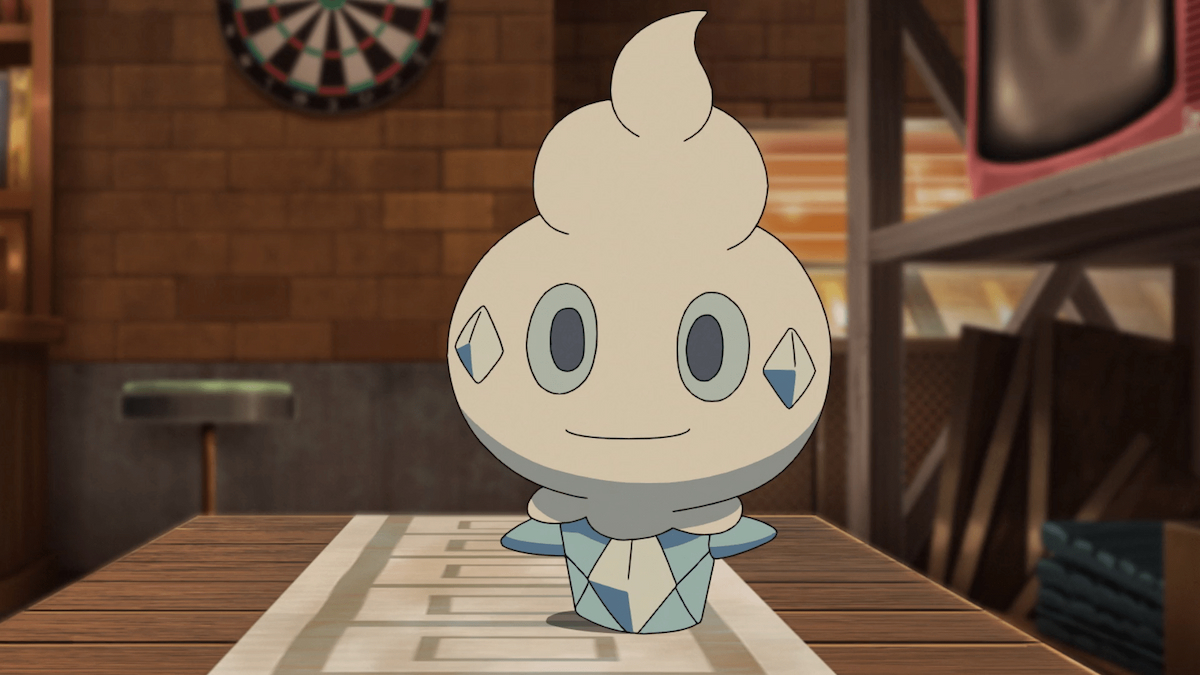
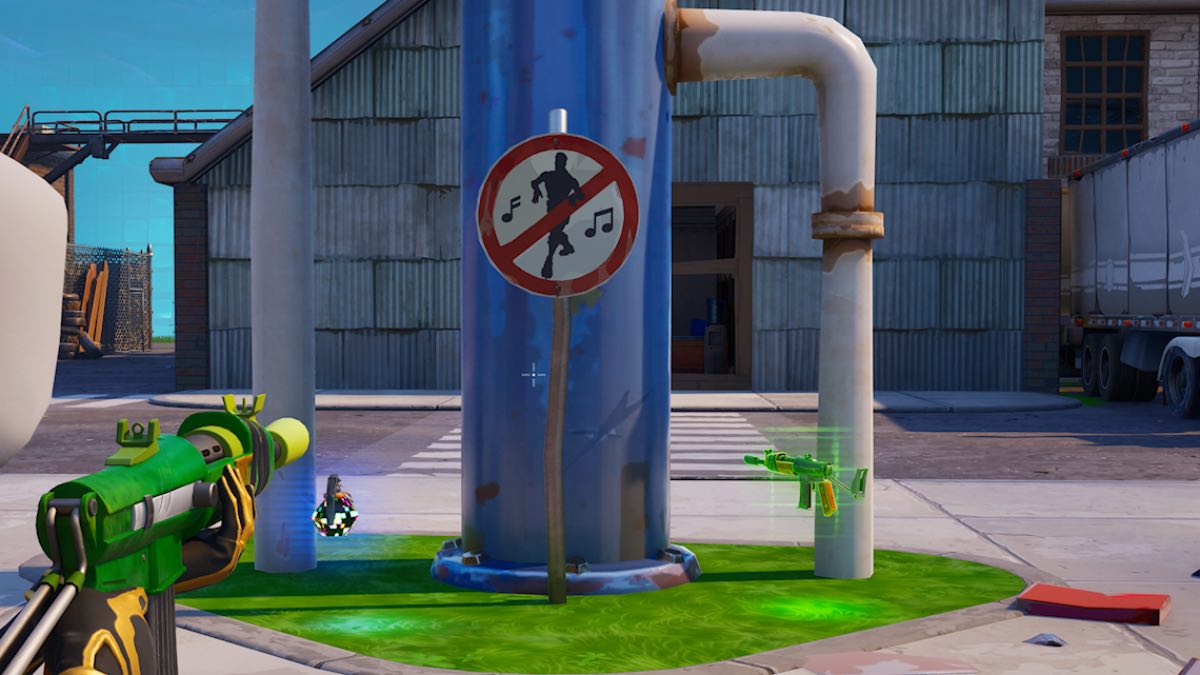
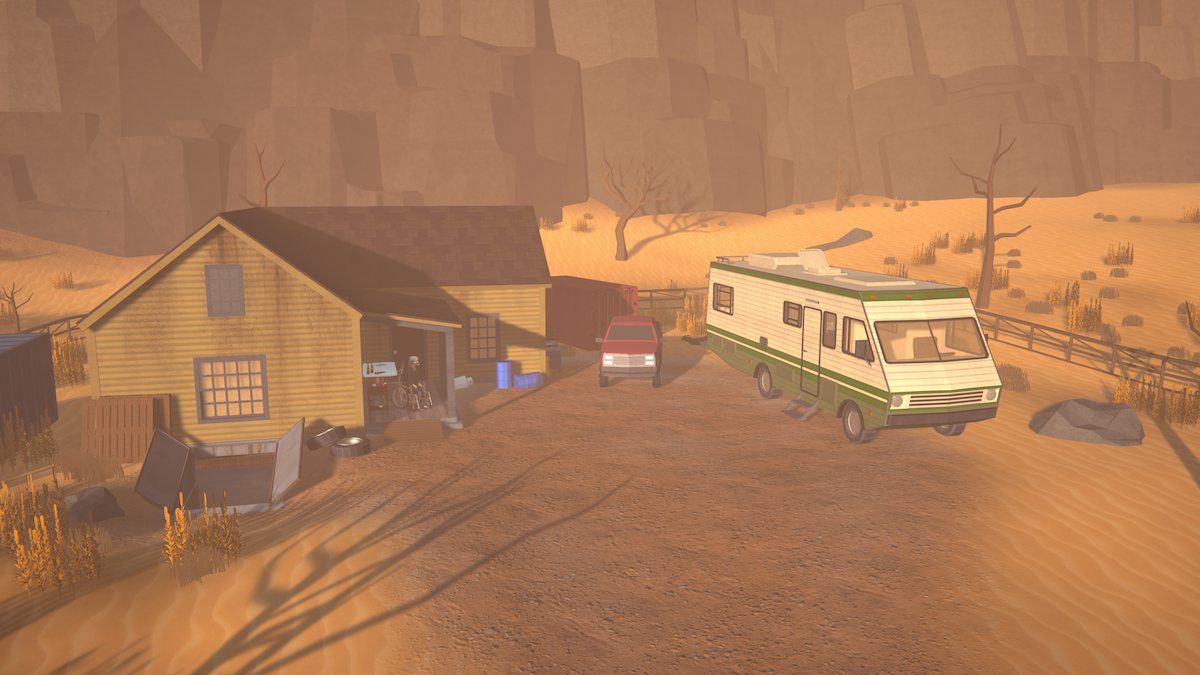

Published: Mar 24, 2017 07:06 am